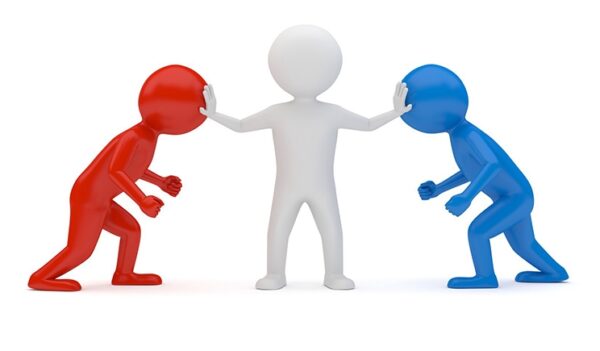
Intro
In Long Way Down by Jason Reynolds, William and his peers are governed by a simple, but strict set of rules:
- No Crying
- No Snitching
- Get Revenge
Having rules or codes of conduct can provide comfort for people in that they do not have to worry about what they should do. Instead, they can simply follow the rules.
If something bad happens to you or someone close to you, manage your emotions by keeping them bottled up. No crying!
If the police have questions about what happened, don’t worry about whether or not you should get involved; simply do not answer their questions. No snitching!
And if you wonder how you should react, what you should do about it, the answer is simple: get revenge!
The problem with this particular set of rules is that while they provide a clear course of action, they also ensure that tragedy begets tragedy, that they cycle of violence in William’s community will never end, and that the people of the community will never know peace.
Discussion
Whether it be at home, in school, at work, or on the street, society is full of unwritten rules that govern how people behave.
These rules often have obvious positive intents and outcomes, but they can also have negative effects and consequences as well.
A very simple example of this can be found in Reynolds’ Long Way Down when William describes the “elevator rules:”
- No looking
- No talking
What are the potential positive and negative effects of these rules?
On the one hand, these rules mean we don’t have to worry about about how to behave, or how to make conversation in an elevator.
But on the other hand, they mean people remain isolated and miss out on the opportunity to have social contact and potentially get to know someone.
Brainstorm some other circumstances in which people’s behavior is governed by rules.
Assignment
Your task is to identify a set of rules that exist in society, and explore the positive and negative effects of these rules.
Do the following:
- Describe the rules: Explain what the rules are and when they are applicable. When are people expected to follow these rules?
- Discuss the reasons for the rules. Why do they exist? What are the objectives? What are the positive effects?
- Discuss the flip-side of the rules. What are the negative effects or consequences?
- Finally, explain what you would change about the rules and why.



1 thought on “The Rules”